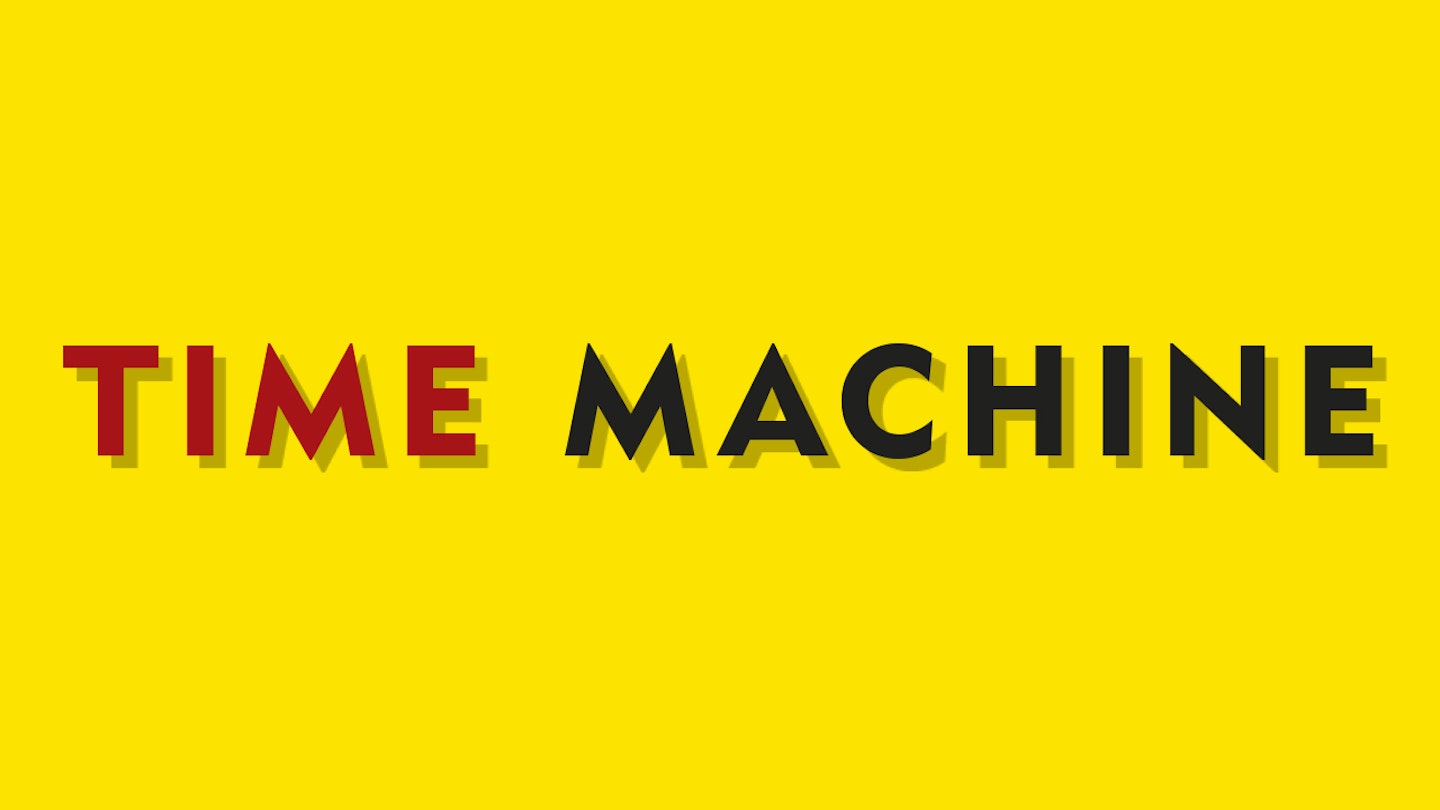13 April, 2000
It seemed like Shawn Fanning, a teenage college dropout from Brockton, Massachusetts, was king of the music world. He and partner Sean Parker had launched Napster, the online peer-to-peer file sharing service in June 1999, and the effects had been seismic. Then in April, 2000, he found himself up to his neck in legal manure.
It had all started out so well. Fanning had made music lovers, tens of millions of them, purr with joy. Thanks to Napster, thousands of tracks, including many previously unavailable, were up for grabs as MP3s to anyone who had a computer and the requisite download app. What's more, it was free, apart from the huge amount of network-busting traffic early adopters like college students used. As one, the Napster generation and their hissing, clunking modems, had coolly decided that all of recorded music was theirs for the taking.
“If somebody's doing something bad and no one has told them yet, it’s not their fault.”
Shawn Fanning
It seemed that the revolution – which left record labels, retail outlets and physical formats in the dust – could not be stopped. A December 1999 lawsuit from the RIAA (Record Industry Association of America) failed to shut down Napster, and instead ensured even greater publicity.
Not everyone was so happy. Other companies had followed where Napster led, and on April 12, R&B acts The Chambers Brothers, Coasters, Main Ingredient and the Original Drifters weighed in with a suit filed against online music site, MP3.com, for distributing their work without permission. Carl Gardner of The Coasters protested, “I don't think kids online get it… that this is actually robbing the guys who made (the music) happen.”
Metallica instigate legal action...
A day later, on April 13, rock giants Metallica became the first major group to initiate legal action against Napster. After discovering their songs on the peer-to-peer service, they filed a lawsuit alleging copyright infringement and racketeering. Five days later Dr.Dre came out swinging too, claiming that nearly 240,000 fans were illegally trading his songs. “Fuck Napster,” was the producer’s pithy verdict. Soon, both had acquired lists of usernames of those suspected of sharing their songs. The net was closing in.
Almost simultaneously, on April 15, Billboard conducted a survey on Napster with various interested parties in the music industry. “Once more people understand how it works,” advised an excited Chuck D from Public Enemy, “it’s going to explode unlike anything you’ve ever seen.” Indigo Girls' member Amy Ray, owner of indie label Daemon Records, was more cautious. “In my heart, I believe that music should be free,” she said, “(but) it doesn’t seem fair that (artists’) music should be passed around without them getting anything for it.”
Other musicians and producers were more enraged, calling Napster a glorified, hi-tech bootlegging operation. Sisqo and Anastacia, two hot popsters of the moment, both gave the thumbs down. Elsewhere, Sheryl Crowe would blast the service as “an evil place” (sic).
Even so, Fanning's site retained many friends, and on April 24 Limp Bizkit’s Fred Durst called a press conference to announce that his band of sports-metal jocks were to mount a free, ten city Summer tour with Cypress Hill, sponsored by Napster. Later in the year, Radiohead were gifted with some edgy marketing when tracks from their forthcoming Kid A appeared on Napster. When Kid A was released that October, it soared to number one.
The same month Fanning appeared on the cover of Time magazine. But his MP3 Camelot couldn't last. Though Napster reached its zenith in February 2001, with more than 26 million users worldwide, the RIAA’s lawsuit finally forced its closure in July. The free site was replaced by a paid subscription version: belatedly trying to go legit, Napster sought to raise $26 million to settle with disgruntle creators and to pay an advance on future royalties. That, and other attempts to regain its former pre-eminence - including a proposed acquisition by the German Bertelsmann group - failed. In 2002 Napster was obliged by a US bankruptcy judge to liquidate its assets. Then it was left to competitors including LimeWire and Kazaa to keep up the fight for free sounds with no strings attached. But for better or worse, Napster had upended the global music industry. Today, the name lives on as the latest moniker of online streaming service Rhapsody.
Fanning has continued to work in programming and startups. “I have a view that if somebody's doing something bad and no one has told them yet, it's not their fault,” he told Esquire magazine in 2013, in a moment of self-reflection, “because none of us can have complete perspective.”
